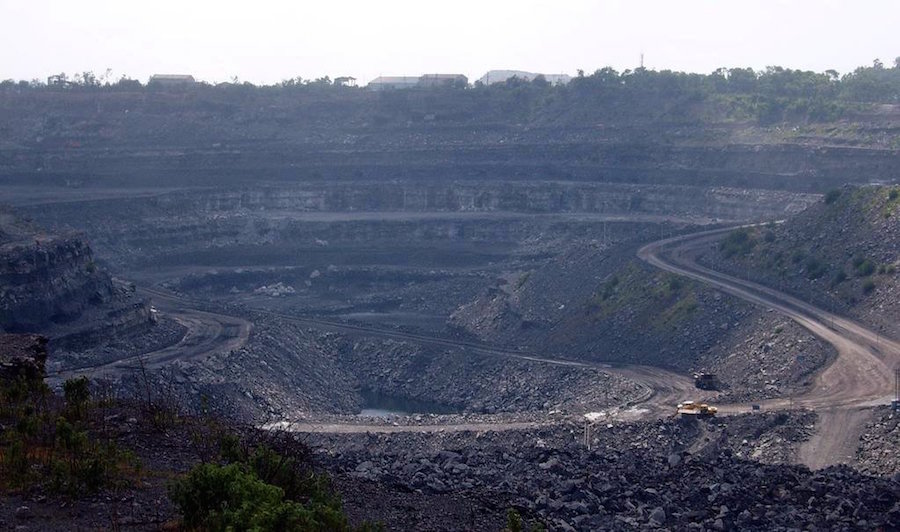India eases green rules for coal mines to tackle fuel crisis

India has eased environment approvals for coal mine expansions to boost output amid fuel shortages that have triggered hours-long blackouts.
Some existing sites will be able to raise production by a further 10% without requiring new impact assessments and rules on consulting local residents have been loosened, according to a government note. The changes come after the coal ministry flagged “huge pressure on domestic coal supply,” the message said.
Coal supplies at power plants are shrinking amid a grueling heat wave that’s pushed electricity demand to a record in recent weeks, with several facilities operating with critical reserves of the fuel, power ministry data show. Blackouts and curbs on supply to some industries have prompted street protests.
The fuel accounts for more than 70% of India’s electricity generation, and the country’s coal mining and transportation infrastructure is failing to keep pace with rising demand. A lack of railway carriages to transport the fuel from mines to power plants has exacerbated the shortages.
Changes will last for six months and follow complaints that lengthy processes to win environmental approvals could hamper efforts to ease the crisis. Miners are aiming to quickly accelerate output before a rainy season arrives in late June, which can flood operations and slow down production rates.
Weakening environmental regulations could ultimately prove counter-productive, according to Sunil Dahiya, an analyst with the Centre for Research on Energy and Clean Air. Bypassing public consultation risks creating friction between mining operations and local communities, which can result in delays from protests and legal challenges.
“Policymakers think such exemptions bring an ease of doing business, whereas the reality is exactly the opposite,” Dahiya said. “It’s a very myopic vision by the environment regulator.”
The environment ministry’s exemption is valid for mines that have already won approvals to expand output by 40% and will allow them to produce as much as 50% more than the original planned capacity.
India should stick to its decarbonization goals to avoid future supply shocks, and take action including modernizing the electricity grid and adding capacity to produce solar and wind equipment, according to Vibhuti Garg, an energy economist at the Institute for Energy Economics and Financial Analysis. “The long term solution is to build more renewable energy,” she said in a Bloomberg Television interview.
(By Rajesh Kumar Singh, with assistance from Rishaad Salamat, Anand Menon and Juliette Saly)
{{ commodity.name }}
{{ post.title }}
{{ post.date }}




Comments